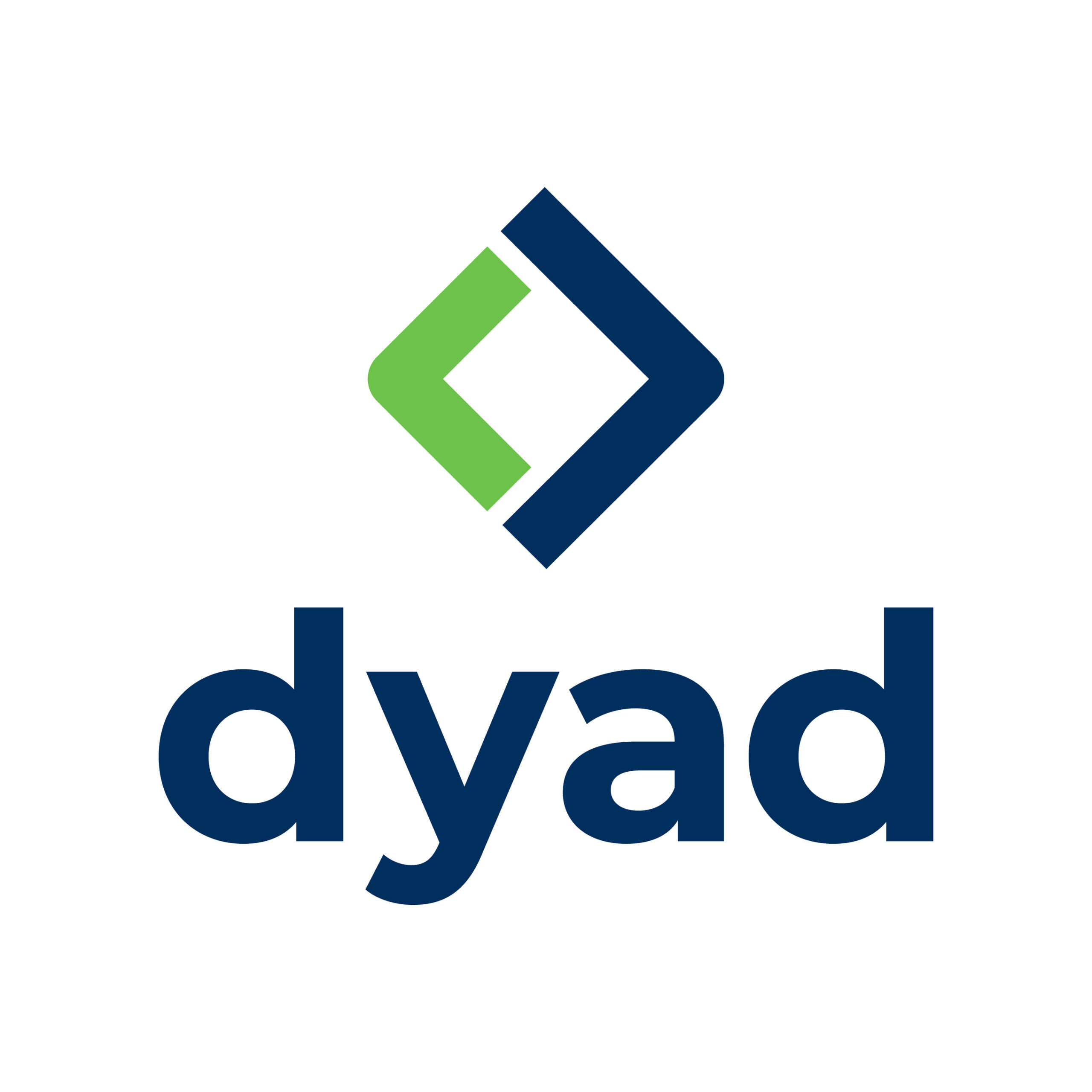With more than 100 changes made to retirement planning in the SECURE Act 2.0, it can be difficult to know what you should address first with your clients.
Christopher J. Dixon Jr. of Oxford Advisory Group weighs in on a few items that he says advisors should focus on to help prepare their clients.
“The news is making headlines to capture the attention of readers, your clients are their ideal audience. The problem is, catchy headlines don’t always portray what these changes really mean.” – Chris Dixon
As your clients and prospects get bombarded with headlines about tax changes, rising national debt and veiled threats to their retirement accounts, it can be alarming to say the least. This isn’t to say that these changes shouldn’t be studied and you may need to potentially update your strategies. It is worth noting your top client may be reading a misleading headline and thinking to themselves – why didn’t my advisor tell me about this change?
Here are a few items you may want to chat with your clients about, even if you think they have no reason to be concerned, because they may be.
RMDs are now lifted on Roth IRAs, this only makes sense since there wasn’t a tax play for the government in this instance anyway, but the SECURE Act 2.0 clarified that. However, your clients may be seeing headlines that read “RMD rules have changed for your Roth.” So it wouldn’t hurt to touch base and let them know they are in the clear here.
The elimination of the stretch IRA is old news, but to your clients if you have not addressed an Estate Plan with them yet, you may need to. In short this elimination means your clients beneficiaries will only have 10 years to fully withdraw from an inherited IRA. The thoughts of many planners is that this will force beneficiaries into higher tax brackets during potentially their peak earning years.
“The elimination of the stretch IRA means planners need to be more proactive with their clients. There are excellent alternatives and pathways to take, but it starts with educating your clients and having those discussions” – Chris Dixon
Many advisors are becoming more familiar with the process of Estate Planning in order to best serve their clients. WIth advisors learning the implications taxes have on retirement accounts, they are taking the next logical step and see how that continues on with those assets going to future generations. For holistic planners, it comes down to protecting the families they work with and that often means the next in line.
As advisors embrace the multifaceted realm of estate planning, they enhance their ability to offer comprehensive services and cater to their clients’ needs more effectively. The ever-growing awareness among advisors regarding the impact of taxes on retirement accounts has paved the way for a natural progression in their approach, prompting them to delve deeper into the implications of bequeathing these assets to future generations. For holistic planners, safeguarding the families they serve entails considering the well-being of those who are next in line.
The evolution of estate planning within the advisory landscape reflects a broader recognition of the dynamics that unfold within familial financial legacies. Many advisors are stepping up to the plate, diligently familiarizing themselves with the intricacies of estate planning. By expanding their knowledge base, advisors elevate their ability to protect the interests of the families they serve, extending their influence beyond their clients’ lifetimes and into the future.
It has been said that over the next decade or so $30 trillion will be moving from one generation to the next. This has the government looking to see what ways they can make the most out of taxing that wealth. It should also encourage advisors to start focusing on not just taxation but also estate planning.
At one point, there was an estimation that nearly 90% of beneficiaries would sever ties with their parents’ financial advisor upon a transfer of assets. This forecast signifies a looming perfect storm of events that has the potential to reshape the current financial landscape. Several factors contribute to this transformation, including the advancing age of advisors and a scarcity of new professionals entering the field. Furthermore, the nation’s tax rates have reached historic lows while the national debt has soared to unprecedented heights. Compounding these circumstances, a substantial amount of wealth is steadily approaching a generational transfer.
In this transformative environment, an opportunity emerges for advisors who focus on taxes, estate planning, and devising strategies to adapt to new regulations. This opportunity represents an unprecedented chance to deliver significant value not only to current clients but also to future generations and their loved ones. By focusing on this shift, advisors can proactively address the challenges and uncertainties accompanying the impending wealth transfer.
In summary, the confluence of factors, including high likelihood of beneficiary turnover, an aging advisor population, “low” taxes, mounting national debt, and an impending generational wealth transfer, signals an imminent paradigm shift in the financial industry. However, for advisors who lean into the opportunity to specialize in taxes, estate planning, and adapting to new regulations, this evolving landscape presents a unique chance to deliver exceptional value and aid their clients to leave a lasting legacy that spans generations.
Oxford Wealth Group, LLC is a federally registered investment adviser under the Investment Advisers Act of 1940. Registration as an investment adviser does not imply a certain level of skill or training. The communications of an adviser provide you with information about which you determine to hire or retain an adviser. Information about Oxford can be found by visiting the SEC site www.adviserinfo.sec.gov. and searching by our firm name.
This is prepared for informational purposes only. It does not address specific investment objectives, or the financial situation and the particular needs of any person who may receive this report. The information herein was obtained from various sources. Oxford Advisory Group does not guarantee the accuracy or completeness of information provided by third parties. The information in this report is given as of the date indicated and believed to be reliable. Oxford Advisory Group assumes no obligation to update this information, or to advise on further developments relating to it.
The views and opinions expressed herein are the views and opinions of the author and do not necessarily reflect those of Nasdaq, Inc.






































